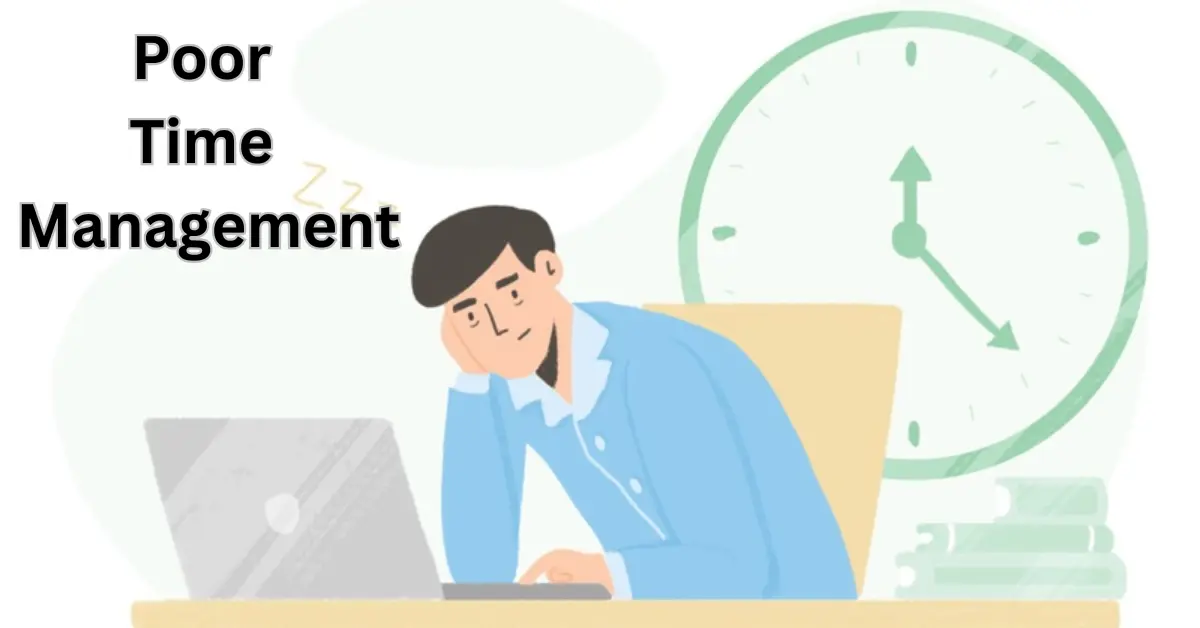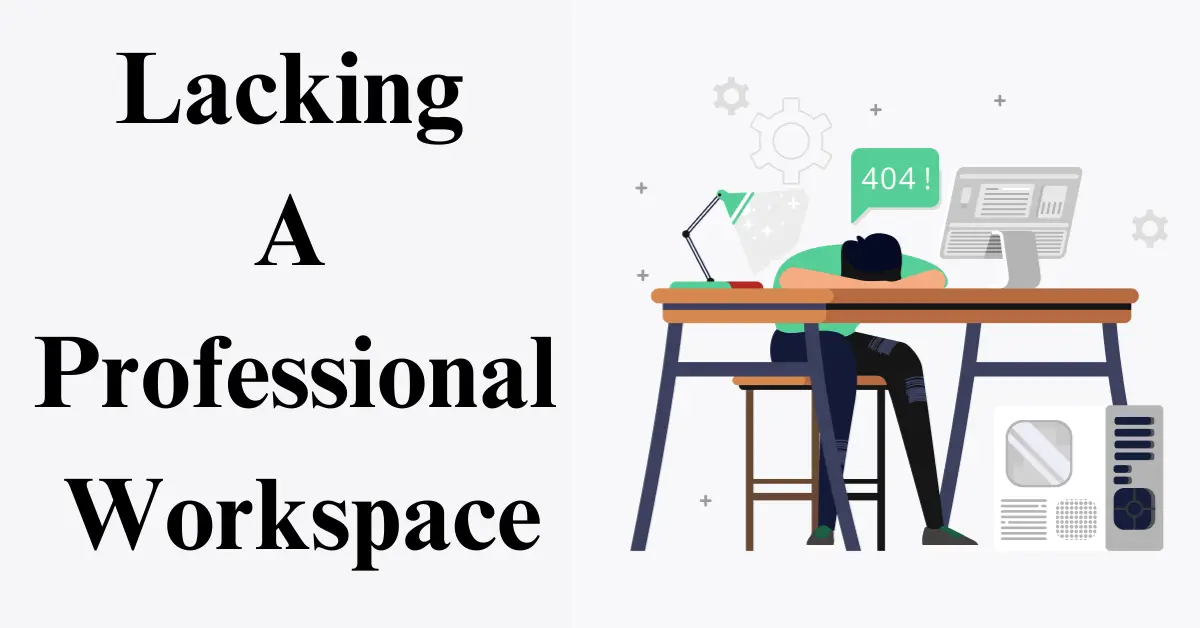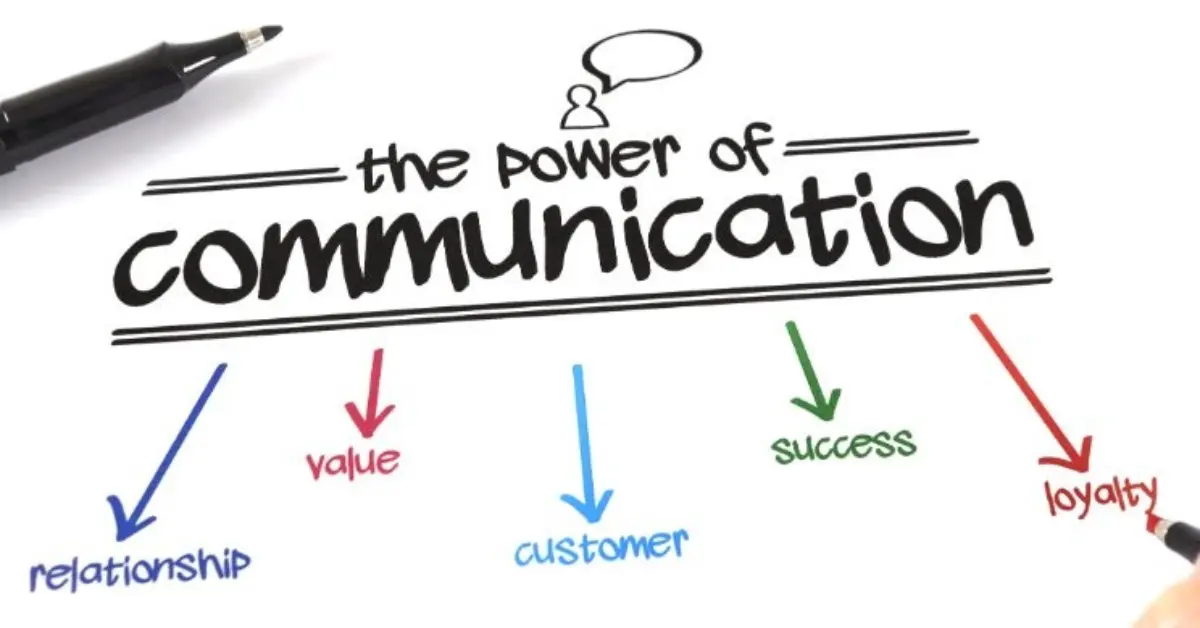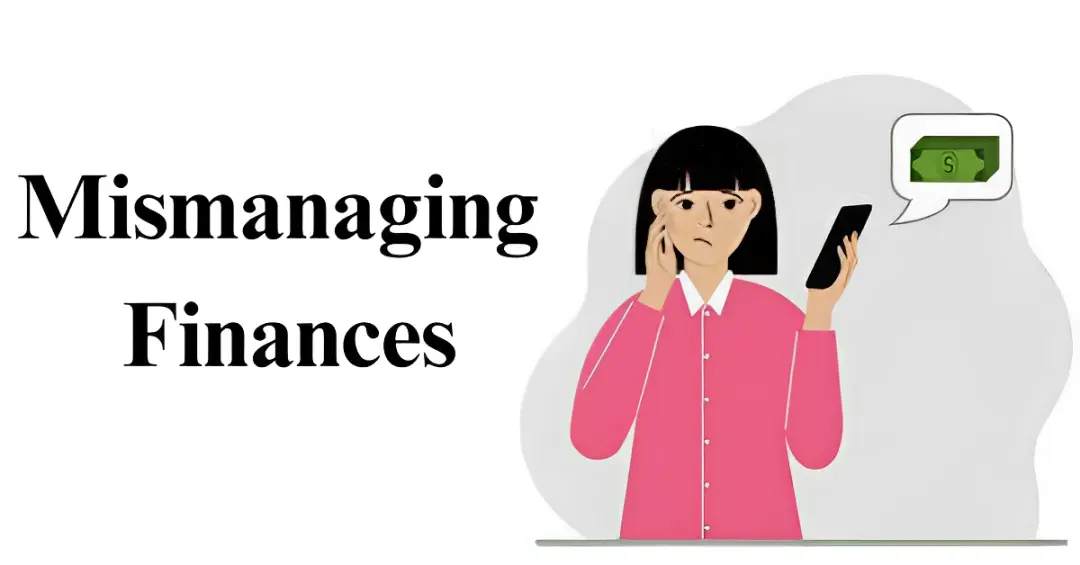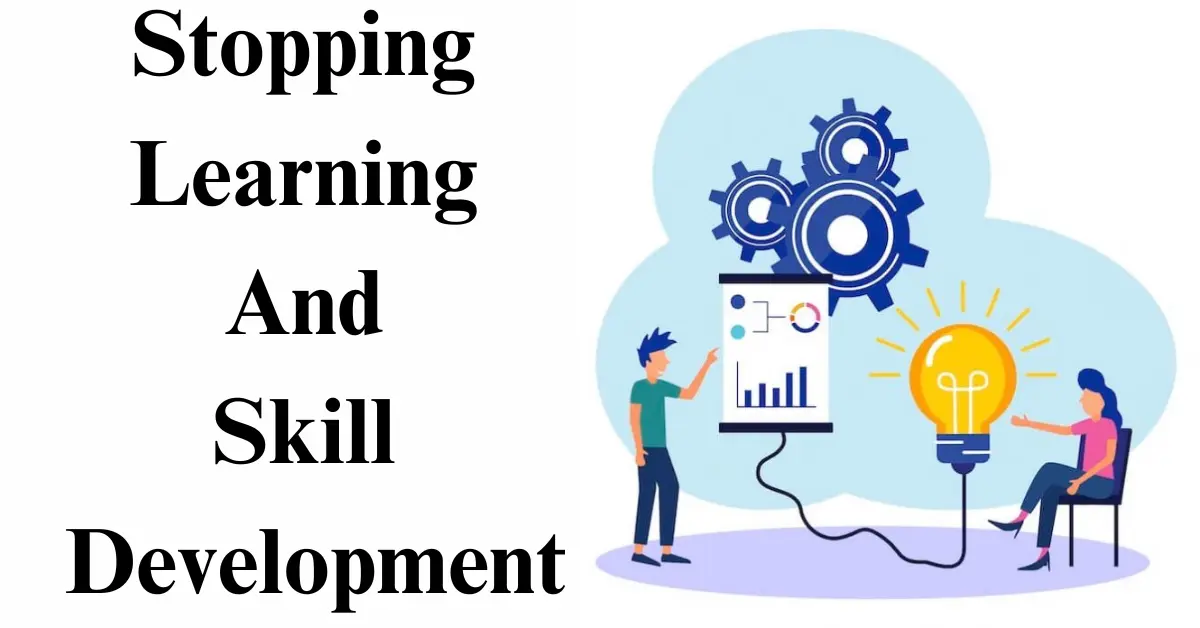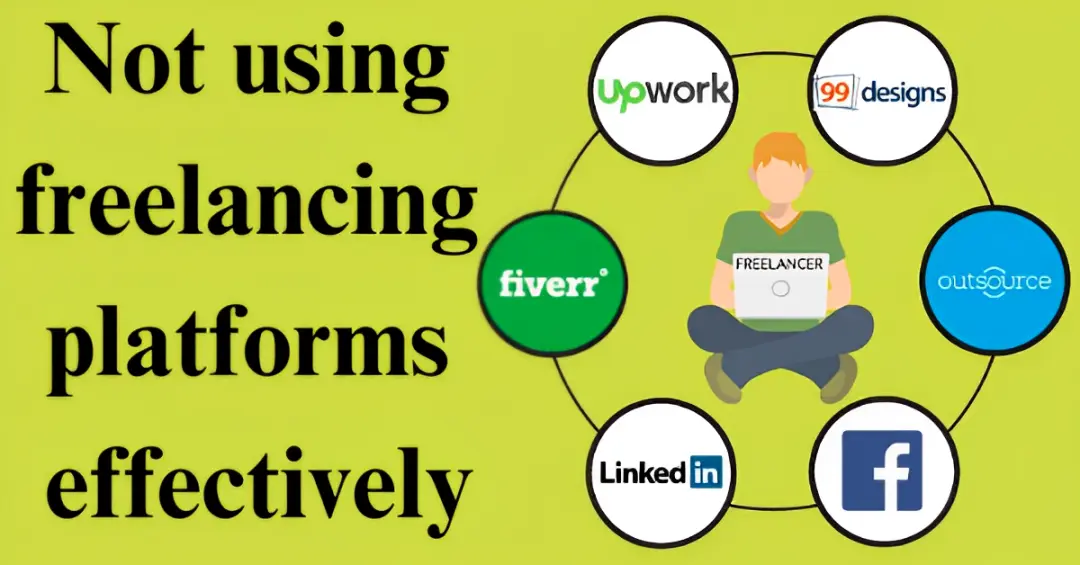Freelancing offers unmatched flexibility and independence, but it’s easy to fall into common traps that can derail your freelance career. Whether you’re a beginner or an experienced freelancer, avoiding key mistakes is crucial for growth and success. Discover how to charge, manage, and scale your business effectively start your journey toward becoming a successful independent professional today!
Not understanding your market
One of the biggest mistakes freelancers make is failing to research the market and understand the specific demand for their skills. Whether you’re a specialist or a generalist, it’s important to assess what services are needed in your chosen niche. By focusing on your expertise, you can align your offerings with the industries that need it most. With the rise of AI, certain skills are in higher demand, and being aware of these trends can help you stay competitive.
When you understand the demand, you can position yourself more effectively. Specialists who offer a unique expertise tend to attract more clients compared to those who spread themselves too thin. By narrowing your focus, you can charge more for your services and set yourself apart from other freelancers. As a specialist, you can demonstrate how your services directly meet the needs of clients, increasing your chances of securing high-value jobs.
I learned this through personal experience when I tailored my portfolio and profile to highlight my skills in a specific area, like graphic design. This allowed me to reach my ideal clients and submit well-targeted proposals and cover letters. By understanding the client’s point of view, I was able to stand out and build long-term relationships, turning potential projects into recurring work.
Poor time management
One of the most common challenges for independent professionals is poor time management, especially when you work from home. Without a traditional schedule like 9 am to 5 pm, freelancers often struggle to create schedules that balance work and personal life. Managing your working hours effectively is key to meeting deadlines and ensuring client expectations are met. Setting clear boundaries and understanding when you’re available can make a big difference in staying on track.
Whether you charge hourly or use fixed-price contracts, time management plays a crucial role in delivering quality work. I’ve learned that time blocking my day into core hours for focused work and leaving time for breaks helps me stay organized and avoid procrastination. Early in my career, I struggled with saying yes to projects too often, which resulted in burnout and feeling overwhelmed. But by becoming more intentional about my time, I’ve found that I can manage multiple projects without sacrificing commitment or the quality of my work.
By setting realistic expectations and being mindful of my bandwidth, I’ve been able to avoid the common pitfalls of overfilling my schedule. This approach has not only improved my productivity but also led to more positive feedback and reviews on platforms like Upwork, which has been essential for attracting new clients and growing my business.
Lacking a professional workspace
Having a dedicated professional workspace is crucial for maintaining productivity and focus, especially when working remotely. Whether it’s a spare bedroom or a multi-use space in your apartment, creating a comfortable environment free from distractions is essential. For important video calls on platforms like Zoom or Google Meet, having a quiet, clean, and well-lit area helps set the right tone and allows you to present a professional image, even if you use a blurred background. I’ve found that investing in work-from-home accessories like a good computer, headphones, and fast internet makes a significant difference in my focus and efficiency.
When I started treating my work area as a dedicated space for work, I noticed a shift in my mindset. It became easier to separate work from personal life, especially by setting clear boundaries for schedule and taking structured breaks. Not only did this reduce distractions, but it also helped me feel more mentally and physically prepared for the day. By establishing a ritual to clean up at the end of the day and log off, I’ve found my work-life balance improves, and my ability to stay productive throughout the day gets stronger.
Having a space that is both reliable and equipped with the right tools for work truly boosts productivity. A clean, organized workspace not only improves your professional image but also strengthens your focus and efficiency, enabling you to start each day with the right mindset.
Underpricing your services
A common mistake freelancers make is underpricing their services, thinking that lower rates will help them attract more clients. However, offering low-end rates can send a message of poor work quality and may limit your ability to grow a freelancing business. Instead of undervaluing your skills, you should set strategic pricing that reflects the market range and the value you bring to clients. Whether you charge hourly or fixed-price, make sure your rates are competitive but also fair. For example, I once felt the pressure to negotiate my rate too low, but after researching average hourly rates and aligning my rate with my skill and demand, I was able to increase my value and attract the right kind of clients.
In platforms like Upwork, Fiverr, setting a reasonable bid range that matches the job description and estimated budget is crucial. By being aware of the competitors in your field, you can price yourself competitively and still maintain your worth. It’s important to remember that automatic scheduled rate increases and long-term contracts can help establish your reputation and provide more stable income. I’ve learned that, instead of underpricing to win contracts, focusing on the value I bring to a client has proven far more rewarding.
Setting a target rate that aligns with your expertise ensures you’re not only attracting clients but also maintaining a positive reputation. In my experience, once I adjusted my pricing based on market research and my skills, I was able to secure better reviews, build stronger client relationships, and ultimately grow my freelancing business.
Neglecting your portfolio
For new freelancers, a strong portfolio is a key marketing tool to attract clients. It’s not enough to just list your skills; you need to showcase your best work to build trust and credibility. Whether you’re working with paid clients or creating mockups for potential projects, your portfolio should reflect the type of work you want to pursue. Personally, I found that regularly updating my portfolio section on platforms like Upwork and GitHub helped me get noticed and hired more often. Clients are more likely to hire you if they can see impressive samples that demonstrate your capabilities.
A portfolio that is both current and well-organized shows your skills in action and builds confidence with potential clients. This is especially important when you’re just starting out; an updated portfolio allows you to compete effectively, even with little experience. I learned that presenting my best work and clearly describing the impact of each project was a game-changer in landing higher-paying contracts. Whether it’s through a personal website design or published portfolio, a well-curated selection can set you apart from other freelancers and attract more hiring opportunities.
Fine-tuning and constantly improving your portfolio will help you stay competitive in the freelance market. Having a portfolio that is updated with current projects and reflects your latest work samples can increase your chances of being seen and hired 9x more often. This is the action I took early in my career, and it paid off by positioning me for success in my freelance career.
Overlooking the power of networking
One common mistake for beginner freelancers is overlooking the power of networking. Building a professional network is essential for growing your business and attracting clients. It’s not just about waiting for potential clients to find you; you need to actively engage through social media, LinkedIn, and virtual networking events to connect with others in your industry. Early on, I realized that my personal network could be a goldmine for referrals, and it helped me expand my reach beyond relying solely on ads.
By connecting with other freelancers or professionals with complementary skills, you create a support system that can be mutually beneficial. For example, collaborating with someone who has skills you don’t can lead to new projects, shared knowledge, and more customers. I also found that networking with coworkers and even competitors provides a professional support system that is crucial in overcoming challenges and finding new opportunities.
Taking the time to grow your network both online and offline can significantly impact the success of your freelance career. I’ve seen firsthand how strong networking efforts can open doors to clients, business partnerships, and increased exposure that can help you stand out in a competitive market.
Failing to communicate effectively
One of the biggest mistakes freelancers make is failing to communicate effectively, especially in client-facing roles. Clear and consistent client communication is essential for building strong relationships and managing expectations. I’ve learned that being an effective communicator goes beyond simply submitting proposals or attending interviews—it means providing regular status updates on deliverables and ensuring the client’s expectations are met throughout the project timeline. Using virtual communication tools like Zoom, Slack, and email helps maintain this flow of information, but it’s essential to ensure each message is clear and professional.
Failing to communicate can lead to misunderstandings and client dissatisfaction, which can hurt your reputation and result in negative reviews. As freelance business owners, we have to keep the client’s scope of work in mind and be transparent about changes or edits needed along the way. I’ve found that providing updates and addressing client concerns promptly can keep the project on the right track, ensuring client satisfaction and ultimately positive feedback at the end of the contract.
Effective communication is more than just exchanging information—it’s about showing that you’re invested in the project and willing to go the extra mile for the right fit. By staying on top of client communication, you not only avoid misunderstandings but also build lasting relationships that benefit your freelance business in the long term.
Mismanaging finances
Mismanaging finances is a mistake that can greatly impact your freelancing journey, especially when you’re transitioning from a salaried position to an independent professional. Unlike a steady paycheck, freelance earnings can be inconsistent, depending on the client base and the contracts you land. One crucial lesson I’ve learned is to always have a realistic budget that includes not just monthly expenses but also savings for slower months when work may be limited. Using tools like the Freelance Rate Calculator helps set your per hour rates in alignment with your financial health and ensures that you’re charging appropriately to cover all your bills and future savings.
A major aspect of financial planning is being financially prepared for the ups and downs of freelancing. I’ve found that keeping an emergency fund and planning for taxes can prevent unnecessary stress when a contract ends or during slower periods. As freelance business owners, managing finances properly ensures stability and avoids unnecessary burdens that may harm your business. Tracking your earnings, using budgeting tools, and working with a Financial Planner can be key to keeping your finances in order and ensuring you stay stable financially.
Having a strong understanding of your finances and regularly reviewing your budget has been essential in growing my freelance career without the worry of financial instability. By staying on top of financial health and properly managing savings, I’ve been able to weather slow months and plan for long-term success.
Stopping learning and skill development
As a freelancer, stopping learning can hinder your growth. The industry is always changing, and staying up-to-date with new skills is crucial to remain competitive. I’ve found that investing time in upskilling through online courses or self-teaching directly boosts my ability to offer in-demand services, attracting more clients. By continually developing new skills, I stay relevant and can charge higher rates while expanding my portfolio items and freelance work history.
Consistently learning ensures your business growth and helps you stay ahead of market trends. It has allowed me to offer more specialized services, leading to better income and long-term success as an independent professional.
Not using freelancing platforms effectively
Many freelancers don’t fully utilize freelancing platforms like Upwork, Fiverr, and LinkedIn, missing out on key opportunities. I’ve learned that a complete profile, showcasing your skills and portfolio, is essential to attract clients and land more freelance jobs. Using features like the Talent Marketplace and Project Catalog to submit tailored proposals that solve clients’ pain points can significantly boost your chances of securing contracts.
By managing projects effectively on these platforms, you can establish a solid foundation for your freelance business and build a reputation as a top freelancer.
Conclusion
Freelancing offers incredible opportunities for independence, but avoiding common mistakes is essential for long-term success. By understanding the market, managing your time effectively, and building a strong portfolio, you can stand out from the competition. Additionally, clear communication, networking, and financial management will set the foundation for a thriving freelance business. Stay focused on continuous learning and effectively using freelancing platforms to unlock your full potential and achieve sustainable success in the freelance world.
FAQs
What is one of the seven biggest mistakes that freelancers make?
One of the biggest mistakes freelancers make is trying to be everything to everyone. This leads to a lack of focus, a diluted brand, and a hard time finding and attracting clients. Instead of being a generalist, you should find a specific niche that matches your skills, interests, and market demand.
What is your #1 advice to future freelancers?
Stick with your expertise. You’ll finish projects twice as fast. Establishing your niche is one of the most crucial freelancing tips and the best way to get a job.



